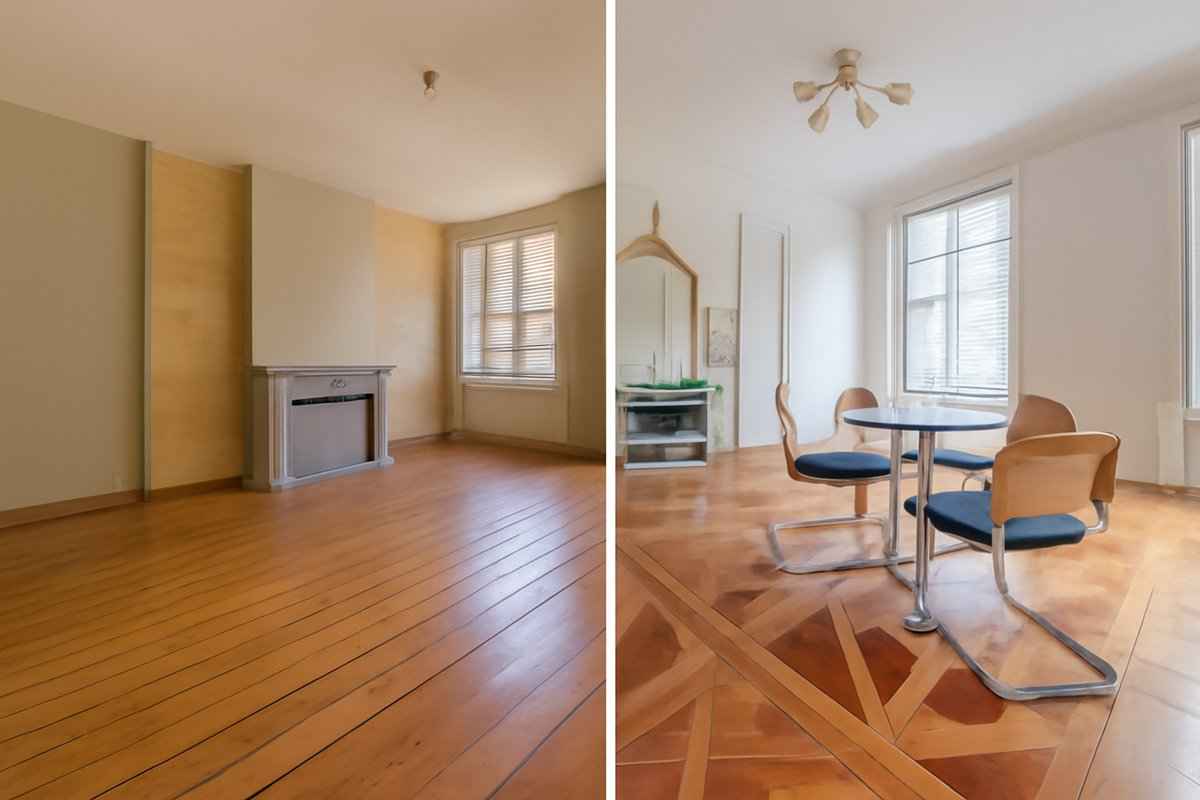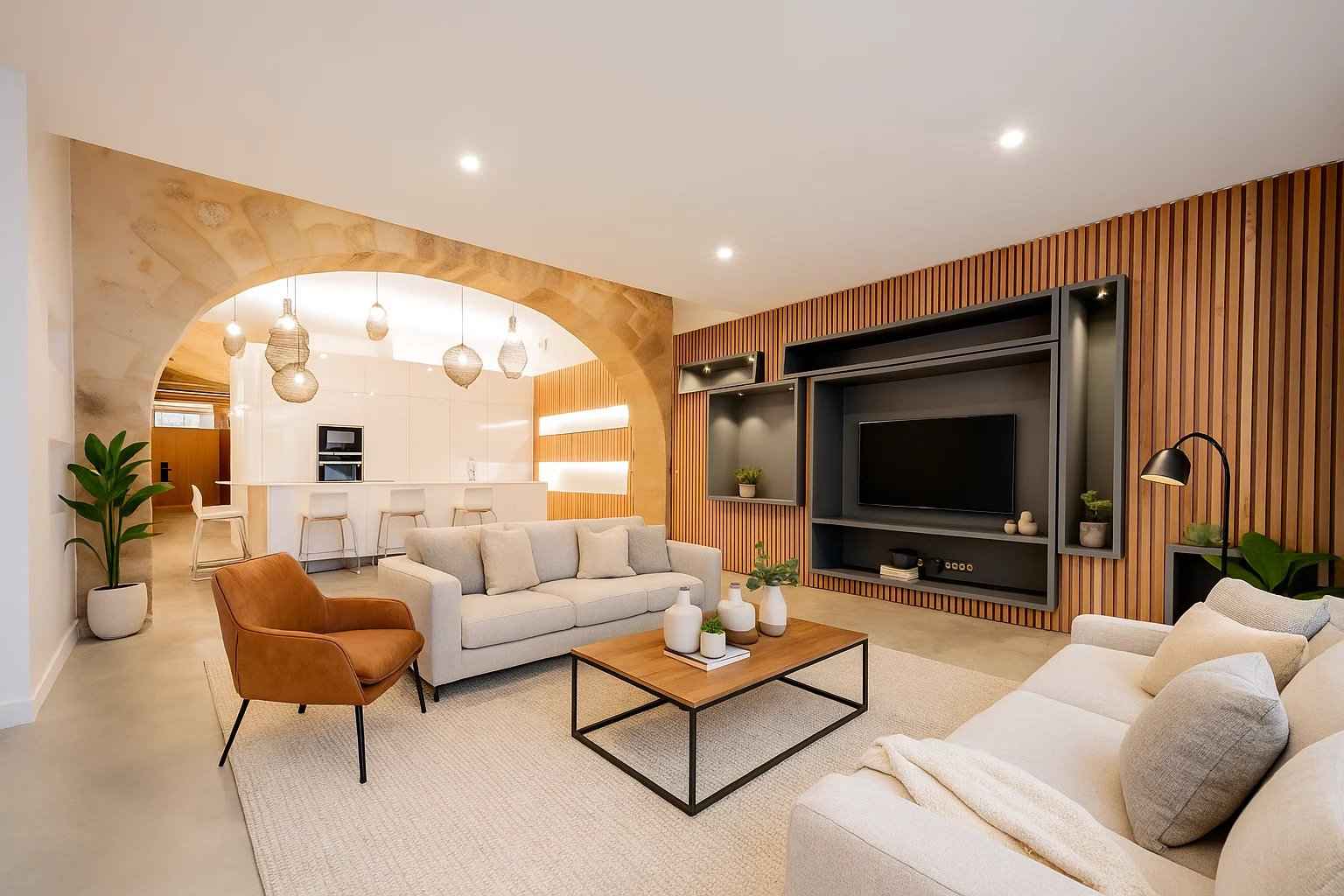2020-02-08
The NPFRC status
What is NPFRC? Barnes takes stock of the status of non-professional furnished rental companies.

As soon as you own a home that you rent furnished, you access the advantageous tax status of Non-Professional Furnished Rental Company (NPFRC).
Understanding NPFRC status
A non-professional furnished rental company is any rental company of furnished accommodation that does not meet the conditions to be considered professional (see LMP status).
A non-professional rental company is therefore defined by the General Tax Code as any furnished rental company for which no member of the tax household is registered with the RCS (Trade and Companies Register) as part of the furnished rental activity; any furnished rental company whose annual income from this activity is less than or equal to 23,000 euros, or any furnished rental company whose annual income from the furnished rental activity does not represent more than 50% of total income annual tax household.
NPFRC status nevertheless requires the registration of a declaration with the clerk of the Commercial Court.
NPFRC Investment Guide
The status of Non-Professional Furnished Rental Company is obtained by acquiring and then renting a property in a service residence. It is then a commercial lease, not a real estate lease, which binds you to the managing company to which you rent the property. The advantage of a commercial lease is that it lasts between 9 and 12 years. It offers better guarantees to the owner of the property than a traditional rental lease. The mission of the managing company is to find tenants for the property and to pay you back the rents received.
Investing in furnished rentals allows you to obtain NPFRC status provided that the residence where the property is located provides a specific type of service. The acquisition of any furnished property in a building is not eligible for the tax system provided for NPFRC.
They must in fact be residences offering services to tenants of furnished accommodation, such as tourist residences, residences for students or seniors, business residences, or EHPAD (Accommodation Establishments for People) Dependent Aged). The goods can be new or old.
The commercial lease will preferably be concluded before a notary: the signing of the authentic deed before a notary only becomes compulsory in the event of a lease term exceeding 12 years.
In all cases, the commercial lease must mention the duration of the engagement, at least 9 years, the nature of the property rented and the use provided for by the terms of the contract, as well as the amount of the rent.
Good reasons to invest in NPFRC
Rental investment of non-professional status is a good way to develop your real estate assets. It is an investment with many tax advantages. Rents bring you an additional source of income.
How is NPFRC status taxation so advantageous? It allows all or part of the income from furnished rental to be tax-exempt, through depreciation: the loss of value of the property intended for rental, due to its natural wear and aging, is calculated as depreciation which can be deducted from income taxed under BICs. The part of the depreciation which could not be deducted during a fiscal year can be stored for later use, without time limit.
If you financed the acquisition of your property using a bank loan, your net taxable income will be zero for several years.
Assessment: advantages and disadvantages of NPFRC status
The advantages of renting non-professional furnished accommodation outweigh the disadvantages. We will first appreciate the simple management, which protects the landlord lessor from any unpleasant surprises. The profitability of the operation, especially in the long term, is high. It is also net of charges apart from property taxes. The commercial lease is reassuring and more advantageous than a conventional rental property lease. The activity makes it possible to derive regular income, and not taxed thanks to the game of depreciation. Investment in furnished rentals is a promising sector, which responds to a growing demand on the housing market: young students looking for transitional housing towards independence, aging of the population which increases the need for senior housing, still growing dynamics of the tourism, leisure and business sectors.
With all of these advantages, there are few drawbacks to note. All the same, we will emphasize the uncertainty that still exists as to the dynamism of the market in the future, in the event of resale of the property. The management of the rental being entrusted to a service company, therefore to a third party, the risk exists of being confronted with poor management, which compromises the financial success of your operation. In the same vein, it will also be necessary to ensure the quality of the commercial lease.


